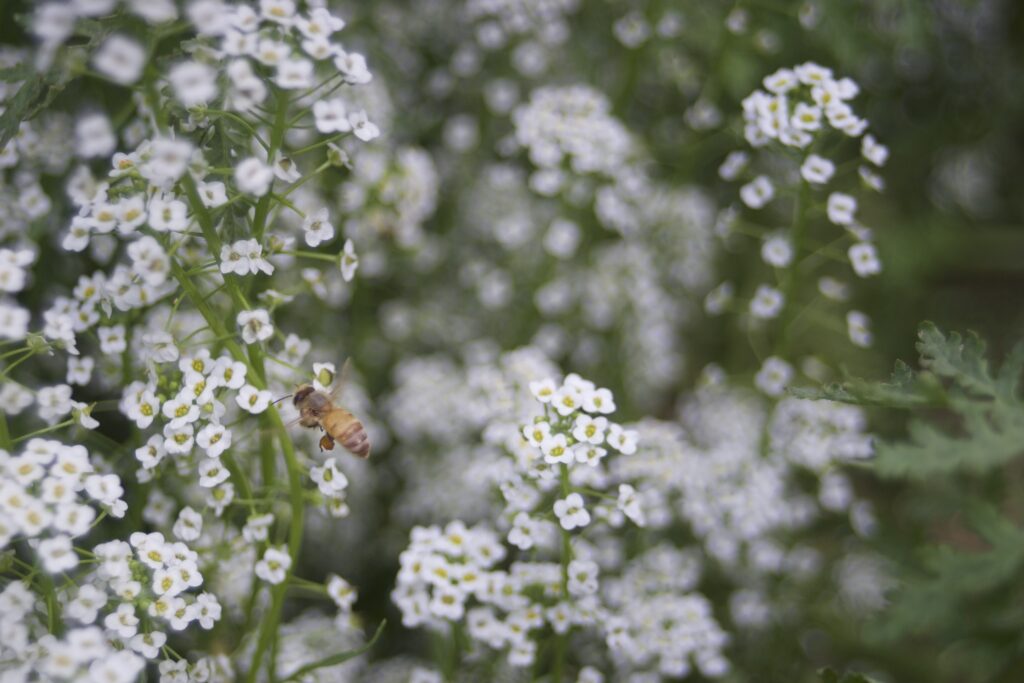Caswell Vegetable Gardening Resources
go.ncsu.edu/readext?785071
en Español / em Português
El inglés es el idioma de control de esta página. En la medida en que haya algún conflicto entre la traducción al inglés y la traducción, el inglés prevalece.
Al hacer clic en el enlace de traducción se activa un servicio de traducción gratuito para convertir la página al español. Al igual que con cualquier traducción por Internet, la conversión no es sensible al contexto y puede que no traduzca el texto en su significado original. NC State Extension no garantiza la exactitud del texto traducido. Por favor, tenga en cuenta que algunas aplicaciones y/o servicios pueden no funcionar como se espera cuando se traducen.
Português
Inglês é o idioma de controle desta página. Na medida que haja algum conflito entre o texto original em Inglês e a tradução, o Inglês prevalece.
Ao clicar no link de tradução, um serviço gratuito de tradução será ativado para converter a página para o Português. Como em qualquer tradução pela internet, a conversão não é sensivel ao contexto e pode não ocorrer a tradução para o significado orginal. O serviço de Extensão da Carolina do Norte (NC State Extension) não garante a exatidão do texto traduzido. Por favor, observe que algumas funções ou serviços podem não funcionar como esperado após a tradução.
English
English is the controlling language of this page. To the extent there is any conflict between the English text and the translation, English controls.
Clicking on the translation link activates a free translation service to convert the page to Spanish. As with any Internet translation, the conversion is not context-sensitive and may not translate the text to its original meaning. NC State Extension does not guarantee the accuracy of the translated text. Please note that some applications and/or services may not function as expected when translated.
Collapse ▲ The unique climate and soils of Caswell County can sometimes be overwhelming for new gardeners, farmers, and food producers. However, with attention to soil health, selection of the appropriate varieties, and sometimes the means to irrigate through dry spells, you can have an abundant and successful garden.
The unique climate and soils of Caswell County can sometimes be overwhelming for new gardeners, farmers, and food producers. However, with attention to soil health, selection of the appropriate varieties, and sometimes the means to irrigate through dry spells, you can have an abundant and successful garden.
Where to Get a Green Thumb?
I often hear people remark that they, “just don’t have a green thumb” when they have a gardening failure. However, I believe that everyone is perfectly capable and in fact, genetically prepared to grow their own food! We have evolved all the senses and intuition capable of helping nourish plants over many generations, but sometimes they are just rusty and need to be honed and polished. Think of growing vegetables like a skill you learned when you were very young; you have forgotten most of the details, but you still remember the basics and as you practice, it will come back to you. And one more thing, we really aren’t growing the vegetables at all. The plants are doing all the work and it is our job to give them everything they need, and in return, we benefit from delicious fruit, vegetables, and leafy greens. So anything you can do to help your plants and the more attentive you can be, the better!
Getting Started
As consumers in this economy we are constantly being told that purchasing things will help us achieve our goals and be successful, and growing vegetables is no exception. Any trip to a gardening center you are likely to leave with more items than you expected and all the excitement and exuberance to get started like a bumblebee on a warm spring day. However, all of these ‘things’ often won’t mean you are any more successful and may even turn you off because you now think of how much those tomatoes you harvest cost when you account for the nifty seed trays, specialized planting shovel, “as seen on TV” plant ties, etc.
Use What You Have
I challenge you to think about what you are buying and think how you could get it for free. You read that right, FREE! People have been encouraging plants to grow and providing for their needs without a trip to the garden center or an online order for centuries. We think of seeds as something we have to purchase because agribusinesses have told us this and it is convenient. But saving our seeds for planting next season is as naturally human as can be. I understand that not everyone can dedicate all their waking hours to tending plants they have invited to grow, but start small and trust in the thousands of years of ancestral farming knowledge passed down to you in your genes.
Making your own compost, improving your soil with cover crops, trellising materials gathered in our forests, and trading with your neighbor are all free and better yet, great ways to learn and build community with your neighbors.
Continue learning!




